Former CBO Directors Express 'Strong Objection' To GOP Attacks On Agency
Every economist who has previously served as director of the Congressional Budget Office has signed a letter registering “strong objection to recent attacks” on the agency.
The letter, sent Friday morning and addressed to congressional leaders, does not specify who has been making those attacks. But only one political party is attacking the CBO right now ― and only one party has so brazenly questioned the agency’s methods to draw this kind of response from such a distinguished, bipartisan group of economists.
It’s the Republicans, because they don’t like what the CBO has been saying about GOP proposals to repeal the Affordable Care Act.
The letter is brief, at just a little over 300 words. Except for that opening sentence, in which the former directors express their “strong objection to recent attacks on the integrity and professionalism of the agency,” the tone is bland. The signatories mostly try to explain how the agency does it work and why Congress needs an impartial referee to make predictions about what proposed legislation would do.
But it’s not every day that eight former CBO directors, included those appointed by both Democrats and Republicans, issue this kind of letter. And it’s not difficult to see why they felt such action was suddenly necessary.
CBO assessments of Republican health care legislation have been devastating to the repeal effort, because the agency has repeatedly produced predictions at odds with what the Trump administration and GOP leaders in Congress have said their proposals would do. Over and over again, CBO has said millions of Americans would lose their insurance and that, even as some people saved money, others would pay much more either as higher premiums, higher out-of-pocket expenses, or both.
On Thursday, for example, CBO evaluated the latest version of the Senate Republican leadership’s bill that predicted 22 million people would lose coverage and that some individuals would be carrying individual policies with deductibles of more than $12,000 a year.
Republicans have responded not by acknowledging that their legislation might have such effects, even though multiple independent experts have come to the same conclusions as the CBO. Instead, GOP leaders have repeatedly questioned CBO’s fitness to make predictions about health insurance.
Although politicians have certainly questioned CBO assumptions and predictions in the past, nobody has attacked the budget office as aggressively and relentlessly as the Republicans are doing now. In just the past two weeks, the White House has produced an anti-CBO video, and two senior administration officials wrote a Washington Post op-ed describing CBO predictions as “little more than fake news.”
Predicting the effects of health legislation is an imperfect science and, as the letter acknowledges, CBO has made mistakes in the past. But although CBO badly misjudged enrollment in the Affordable Care Act’s exchanges, the agency was remarkably close on the most important prediction, and the one that seems most relevant now: the overall reduction in the number of uninsured.
Republicans have attacked the CBO even though they were the ones who appointed the current director, Keith Hall. Among those who praised that decision was Tom Price, who at the time was serving as chairman of the House Budget Committee and is now Secretary of Health and Human Services in the Trump administration.
Also on HuffPost
1912
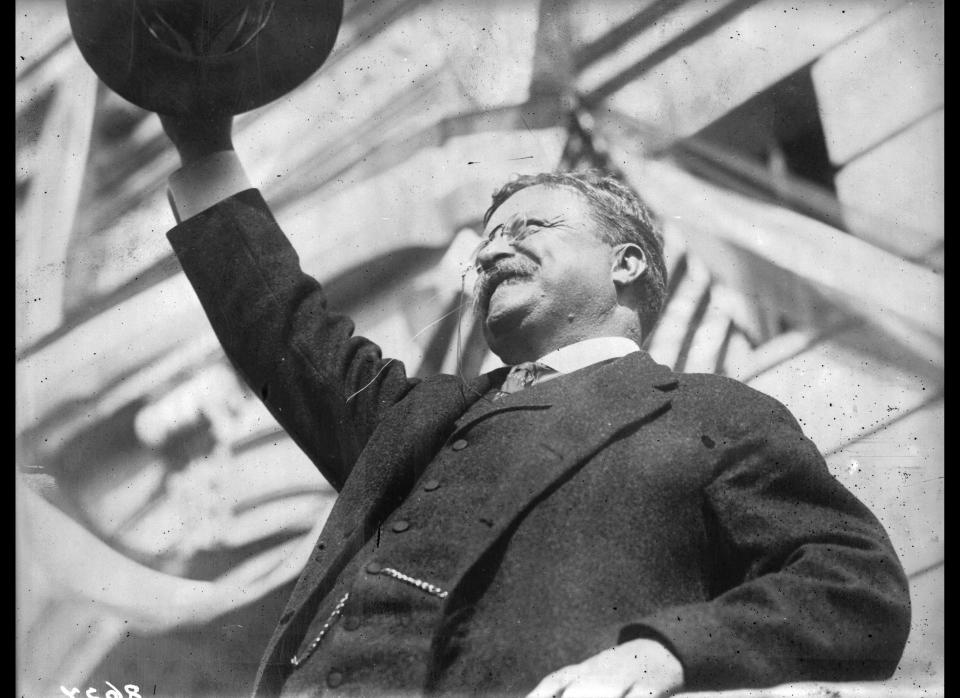
1935
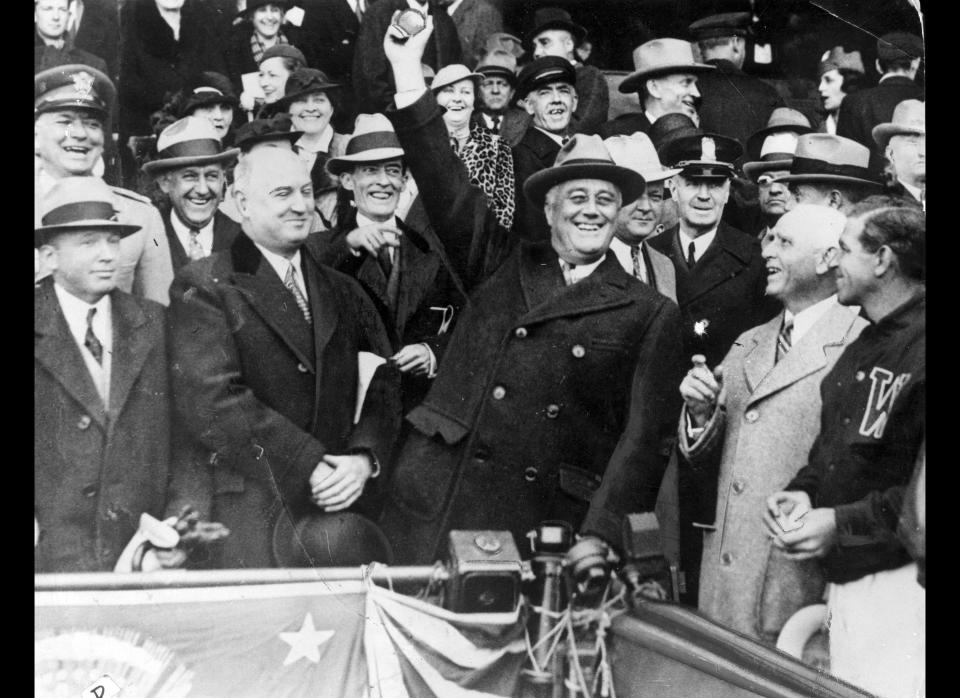
1942
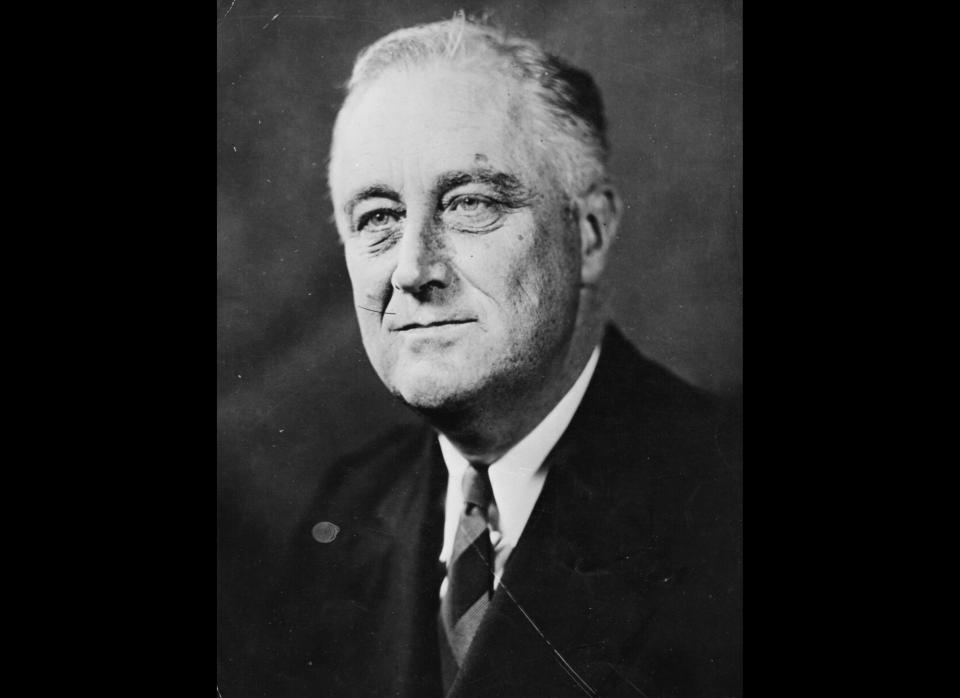
1945
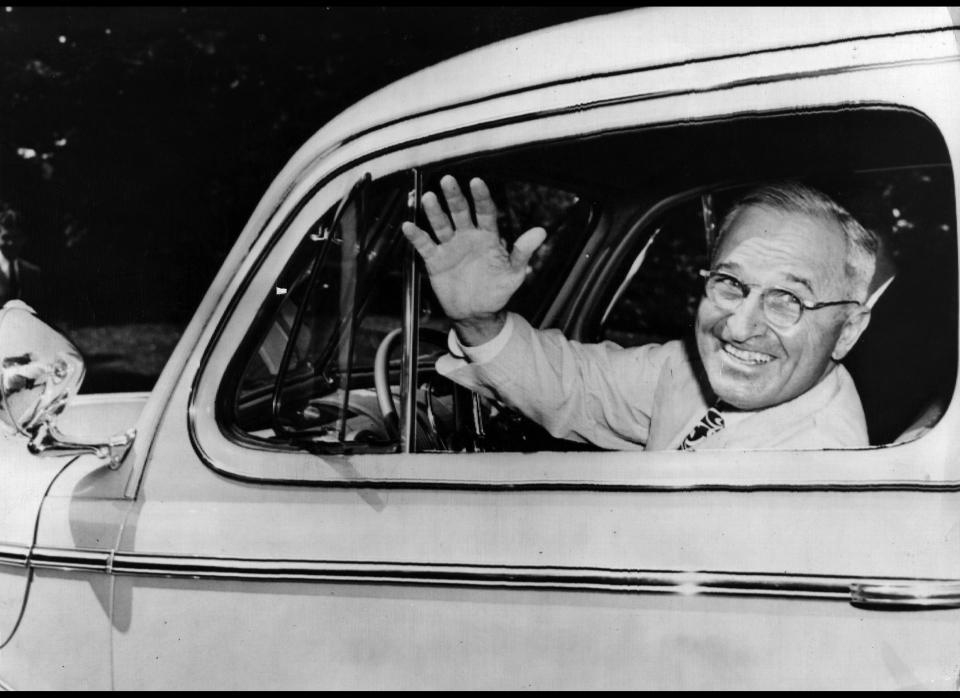
1960
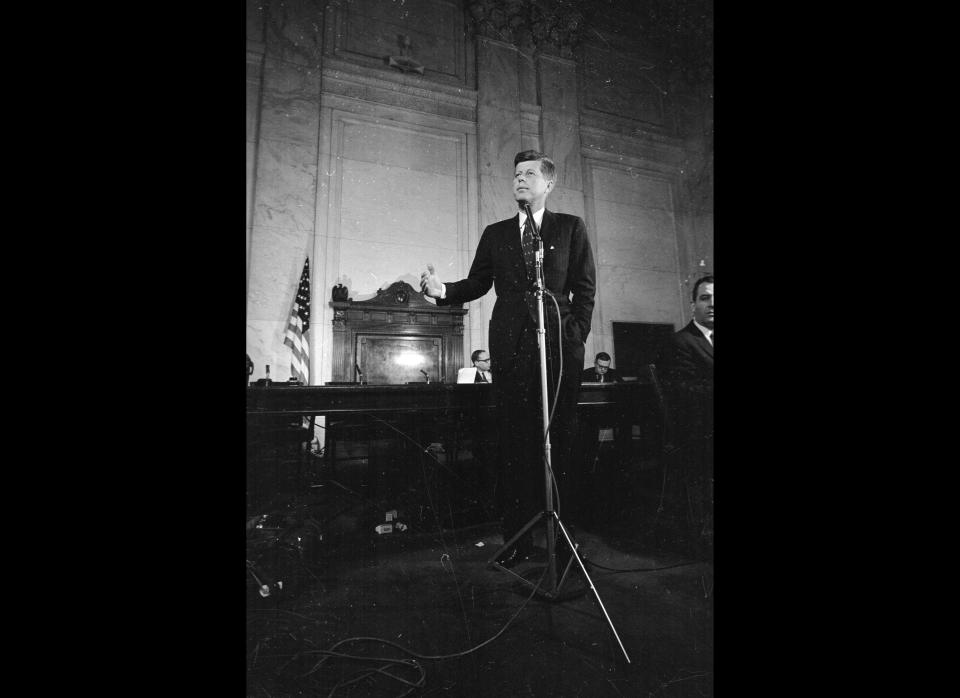
1965
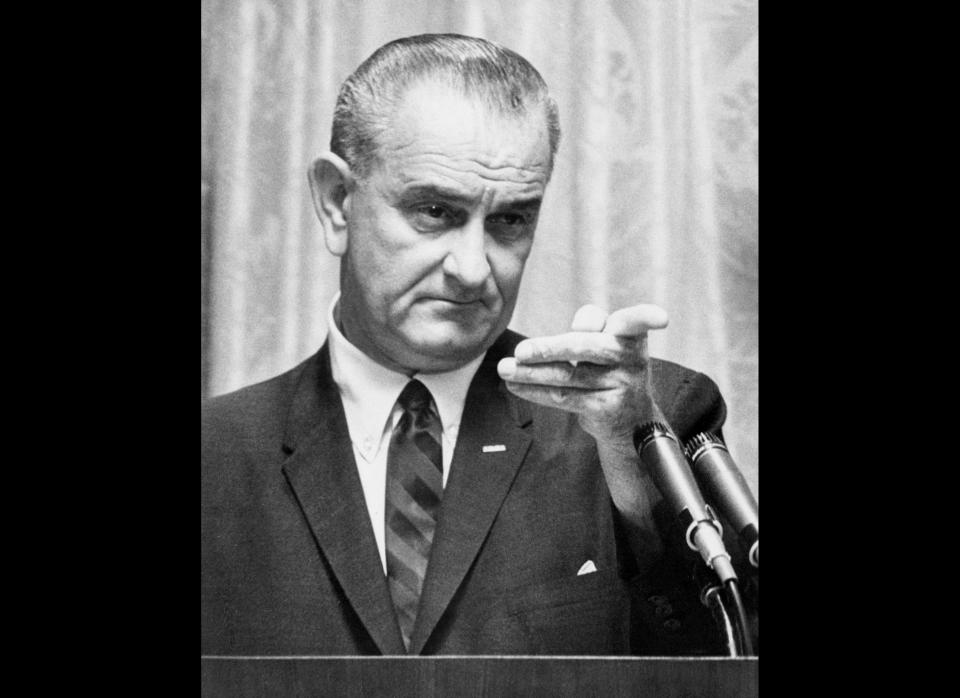
1974
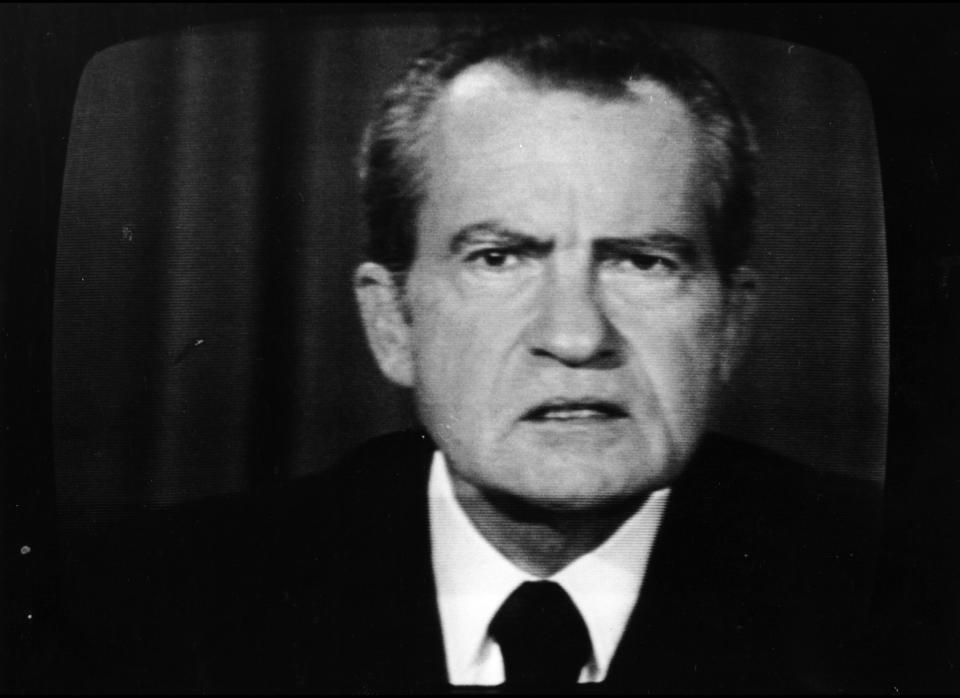
1976
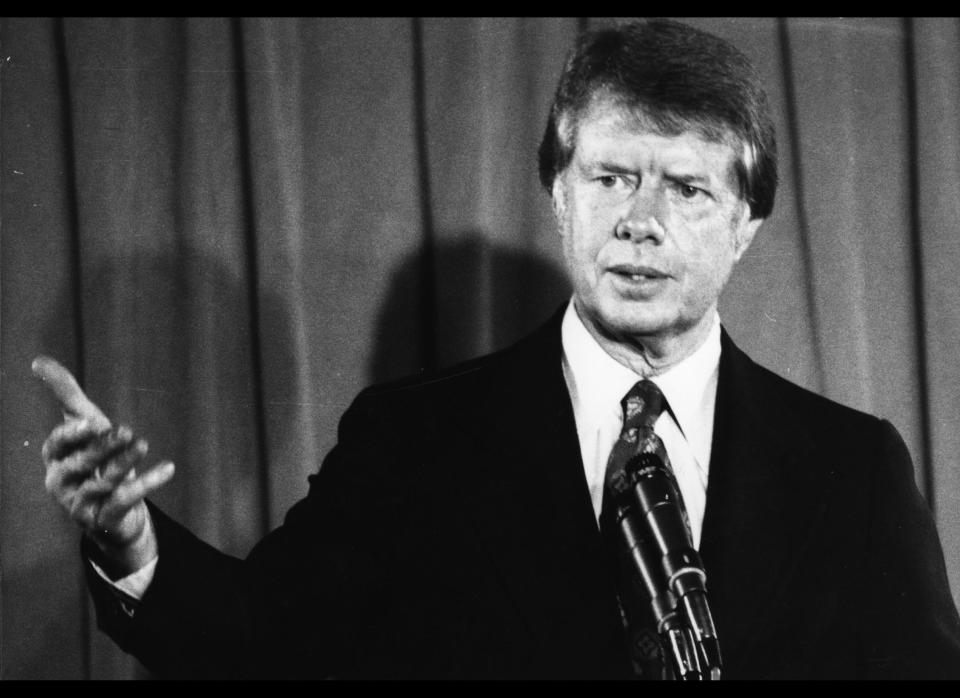
1986
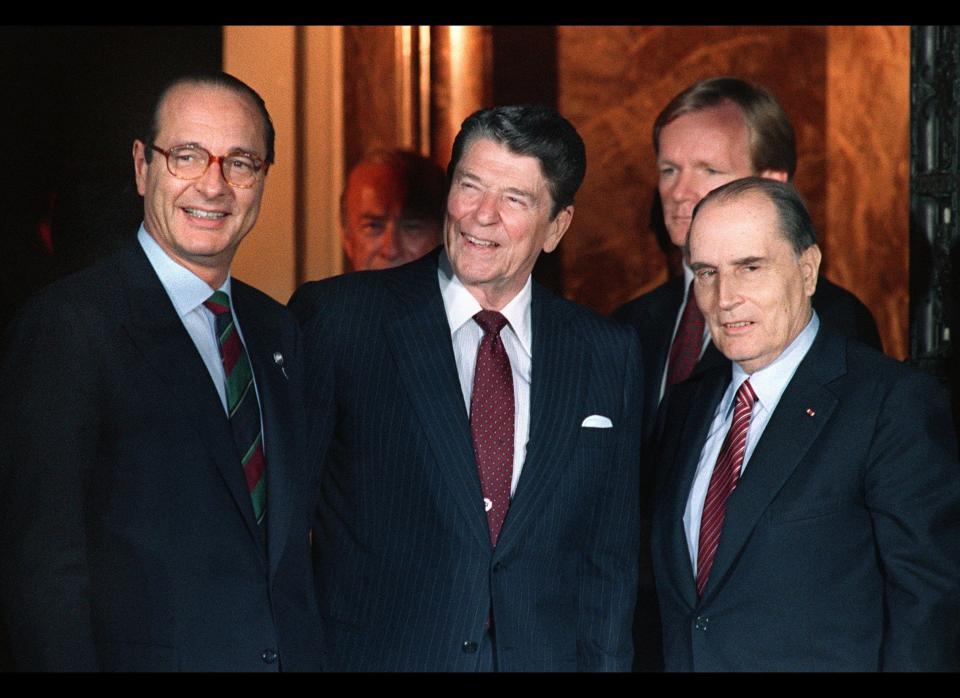
1988
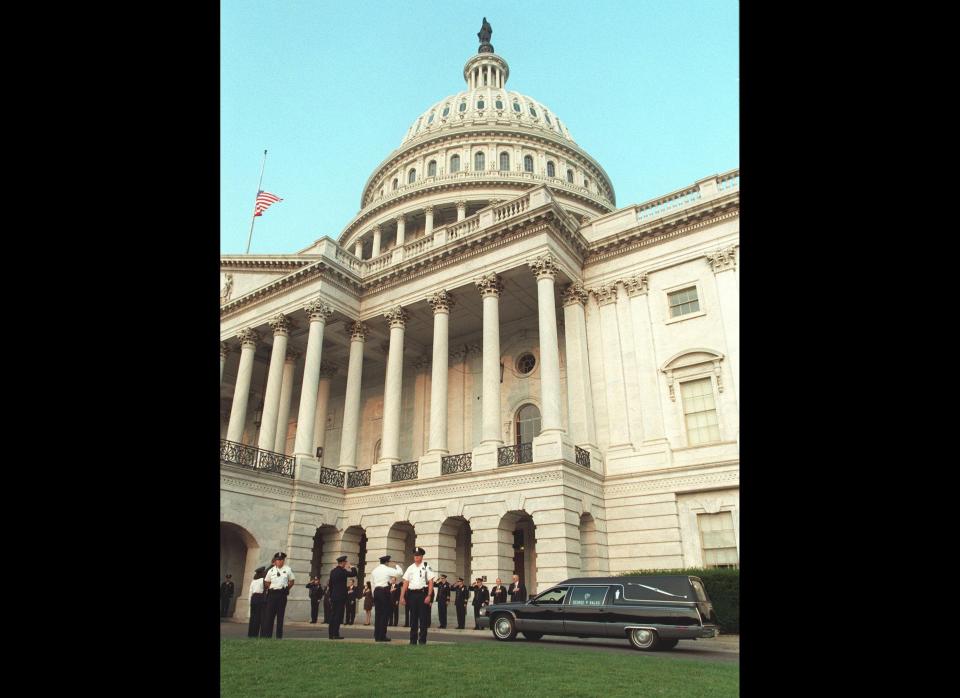
1993
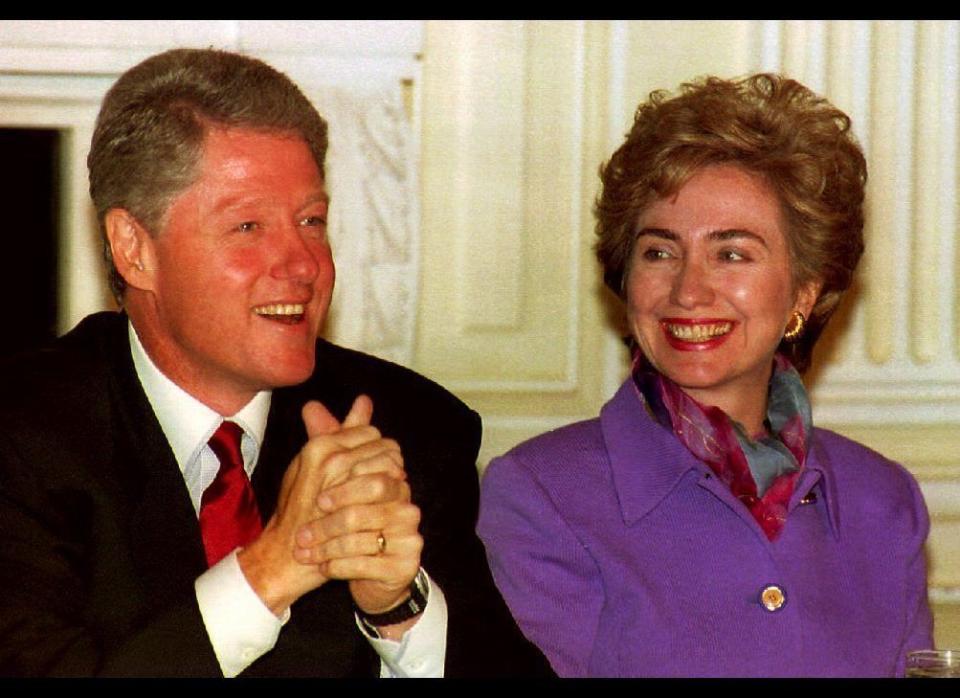
1997
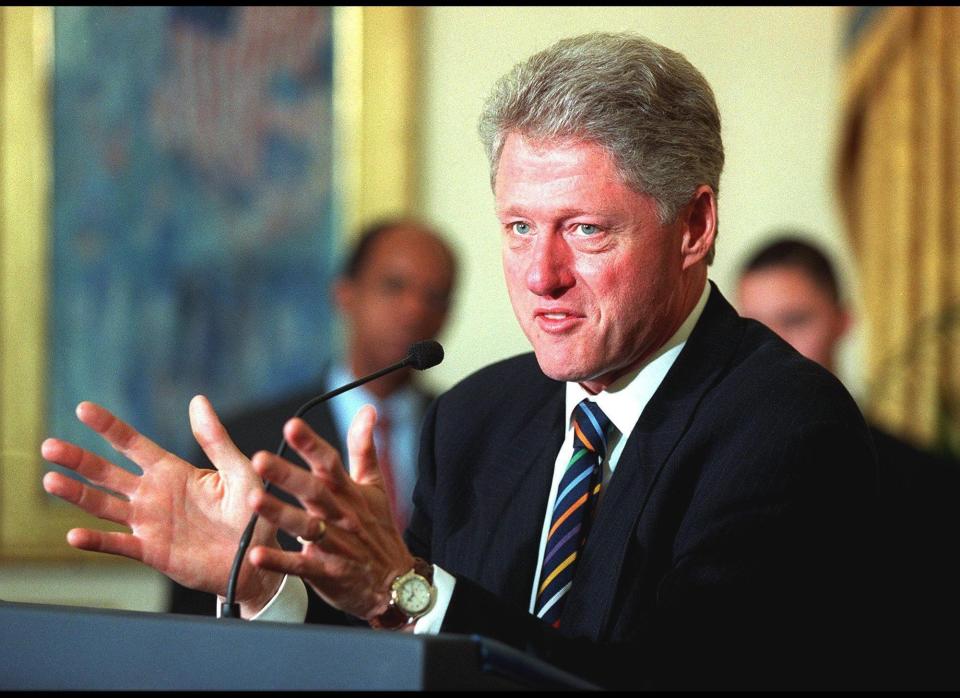
2003
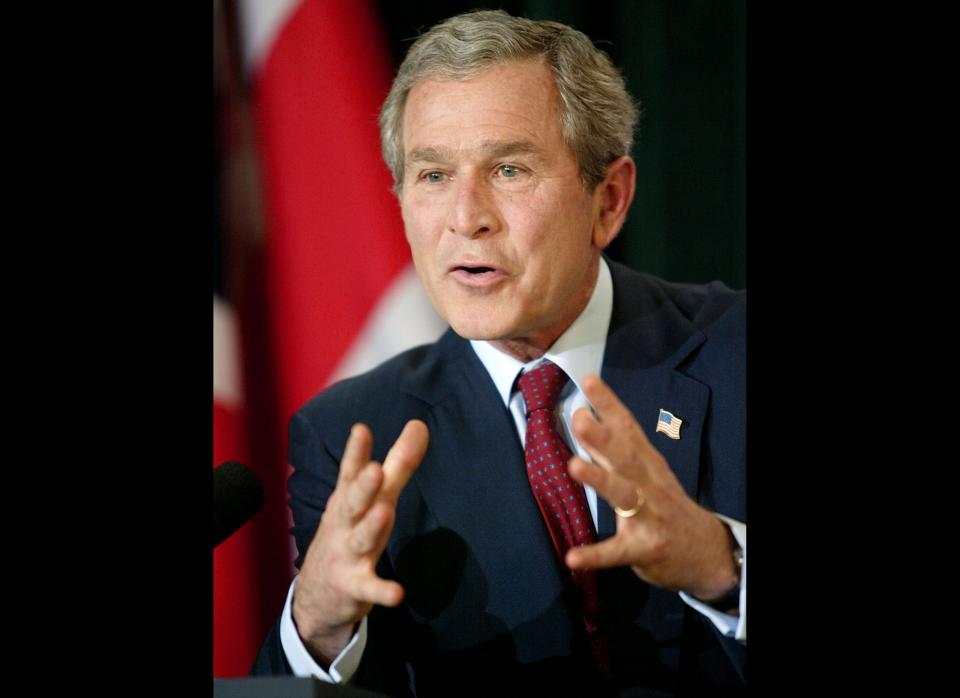
2008

2009
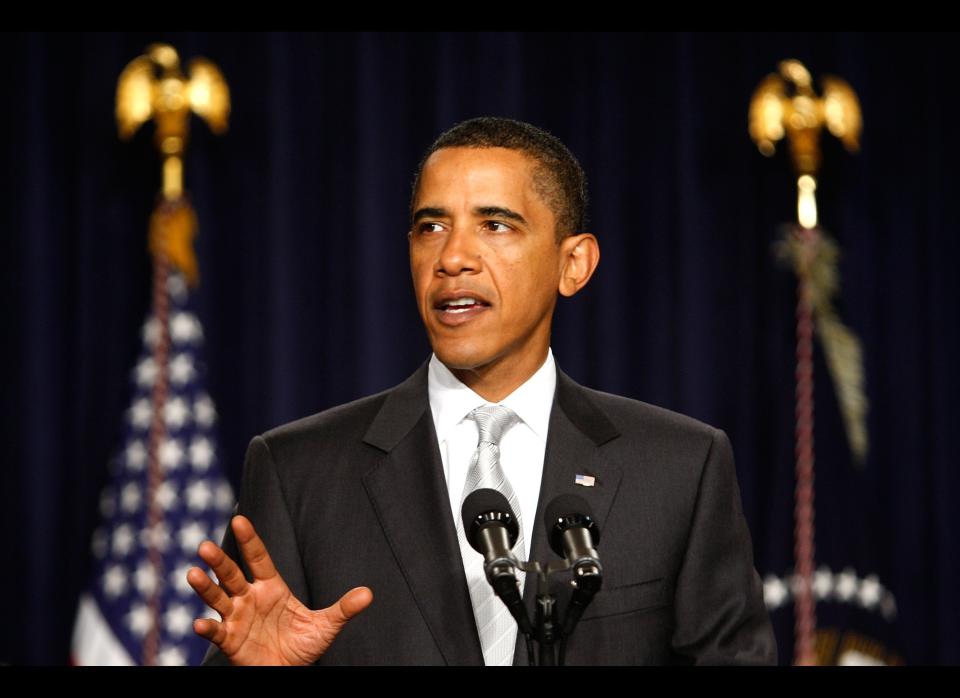
2010
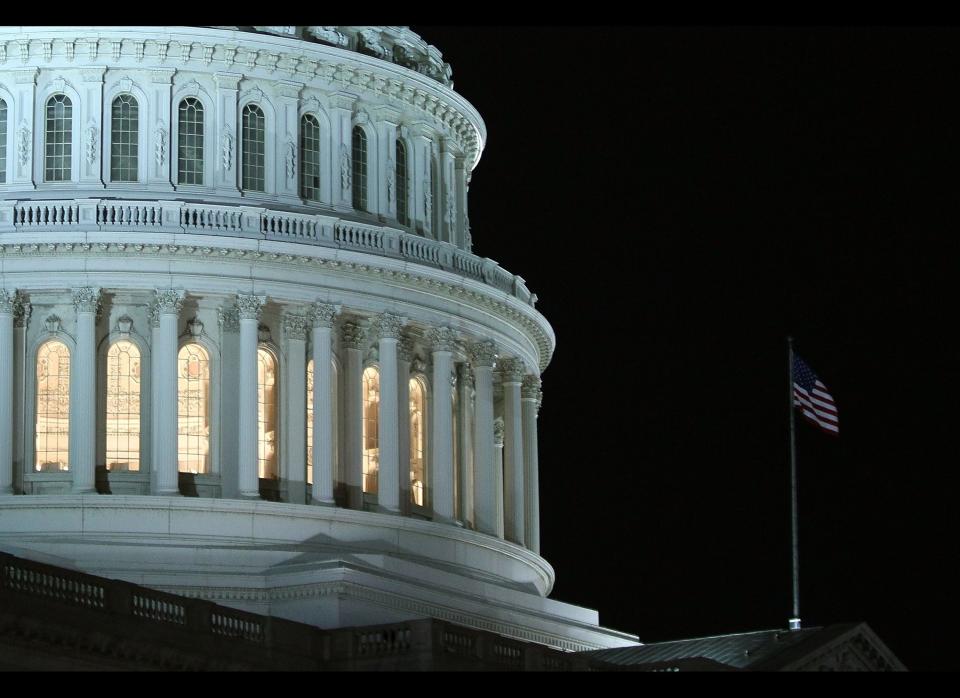
2012
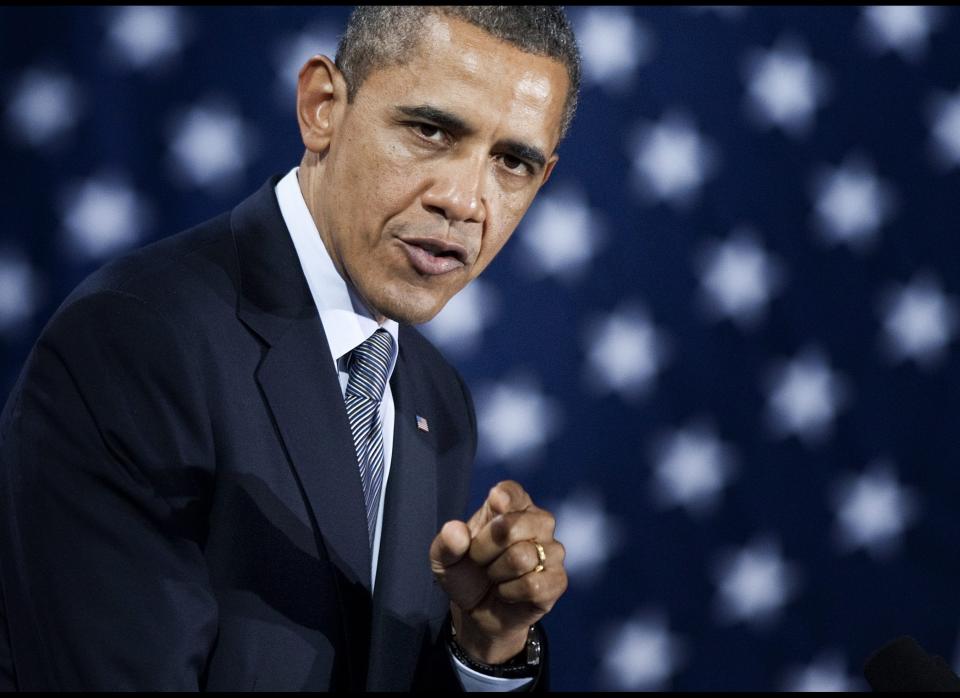
Love HuffPost? Become a founding member of HuffPost Plus today.
This article originally appeared on HuffPost.

